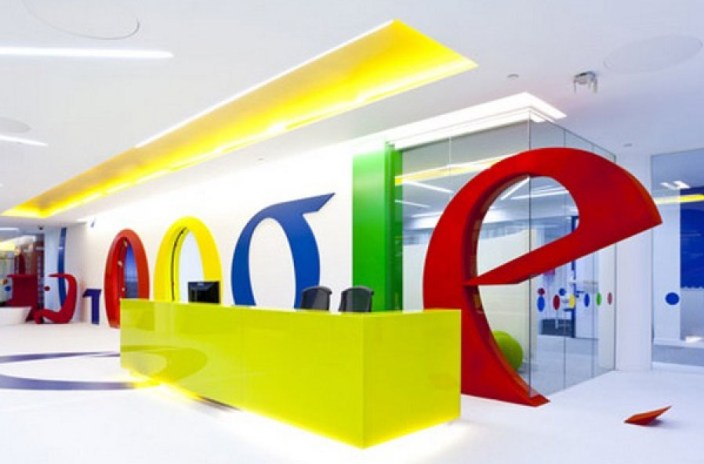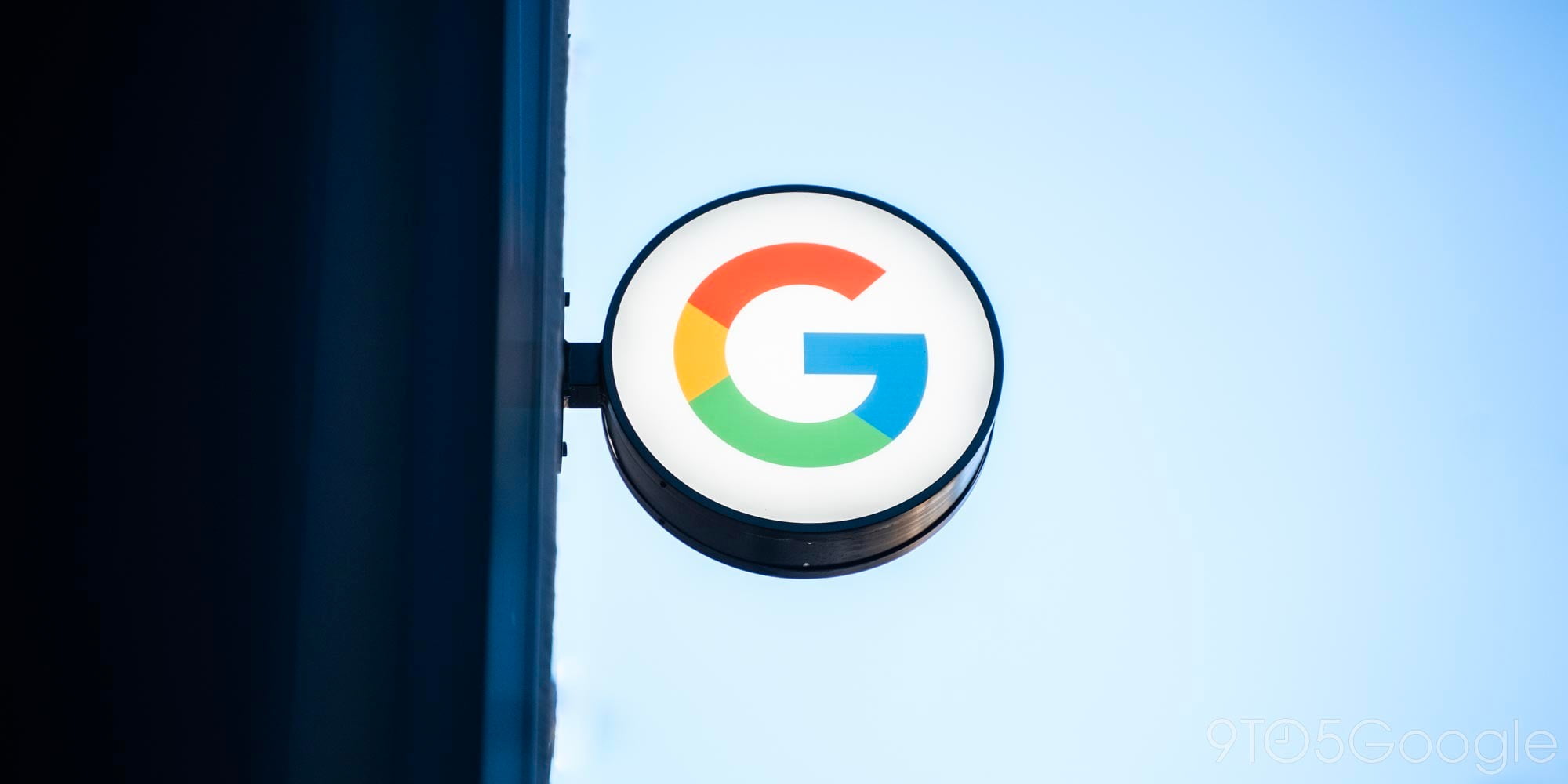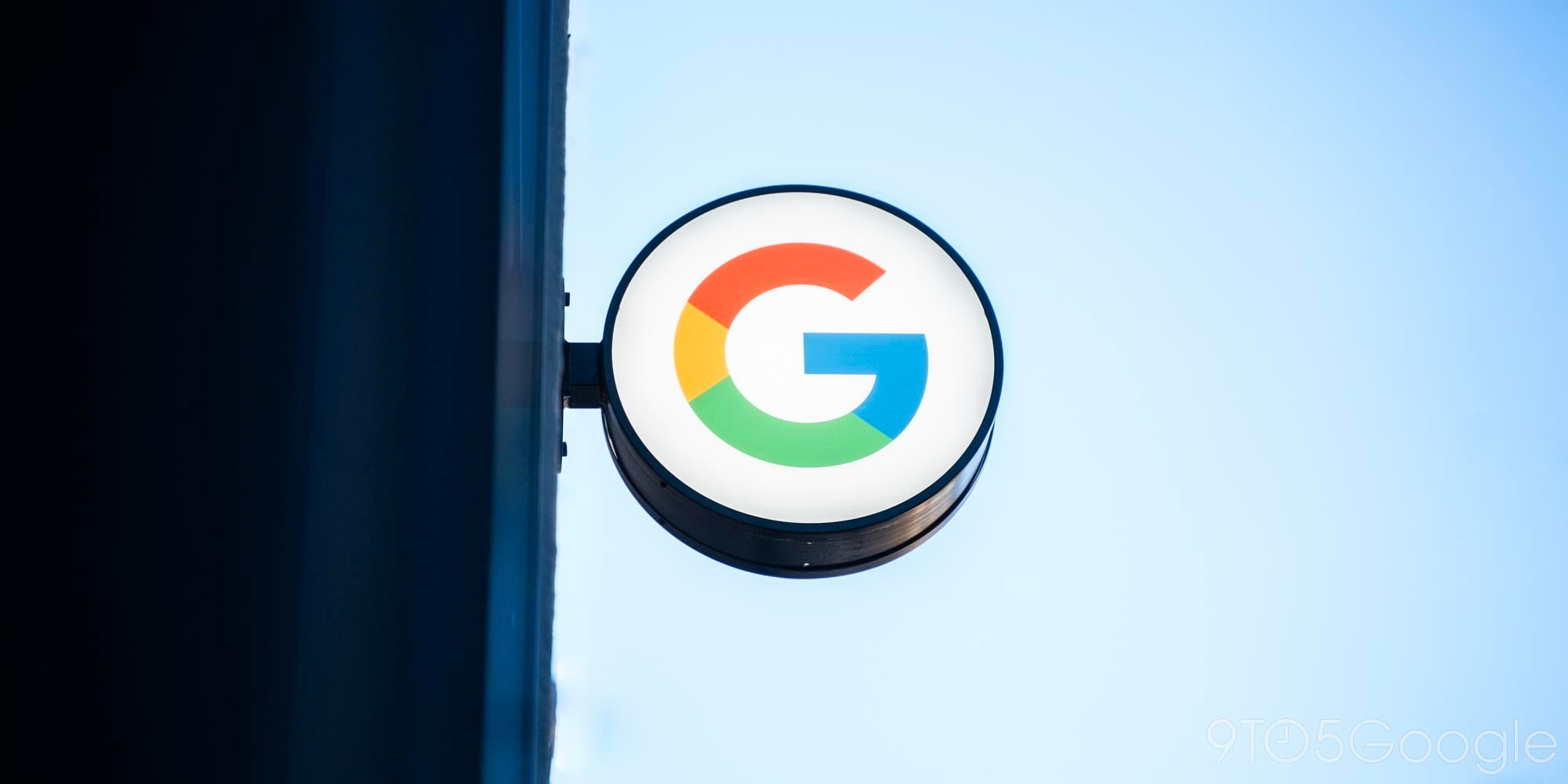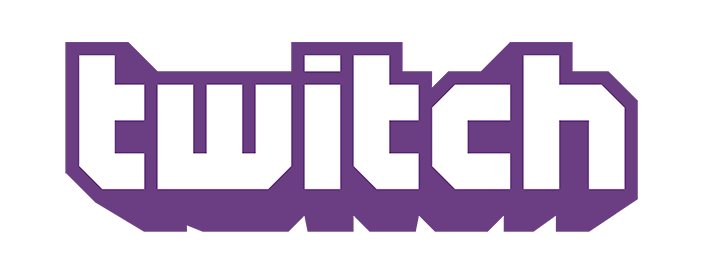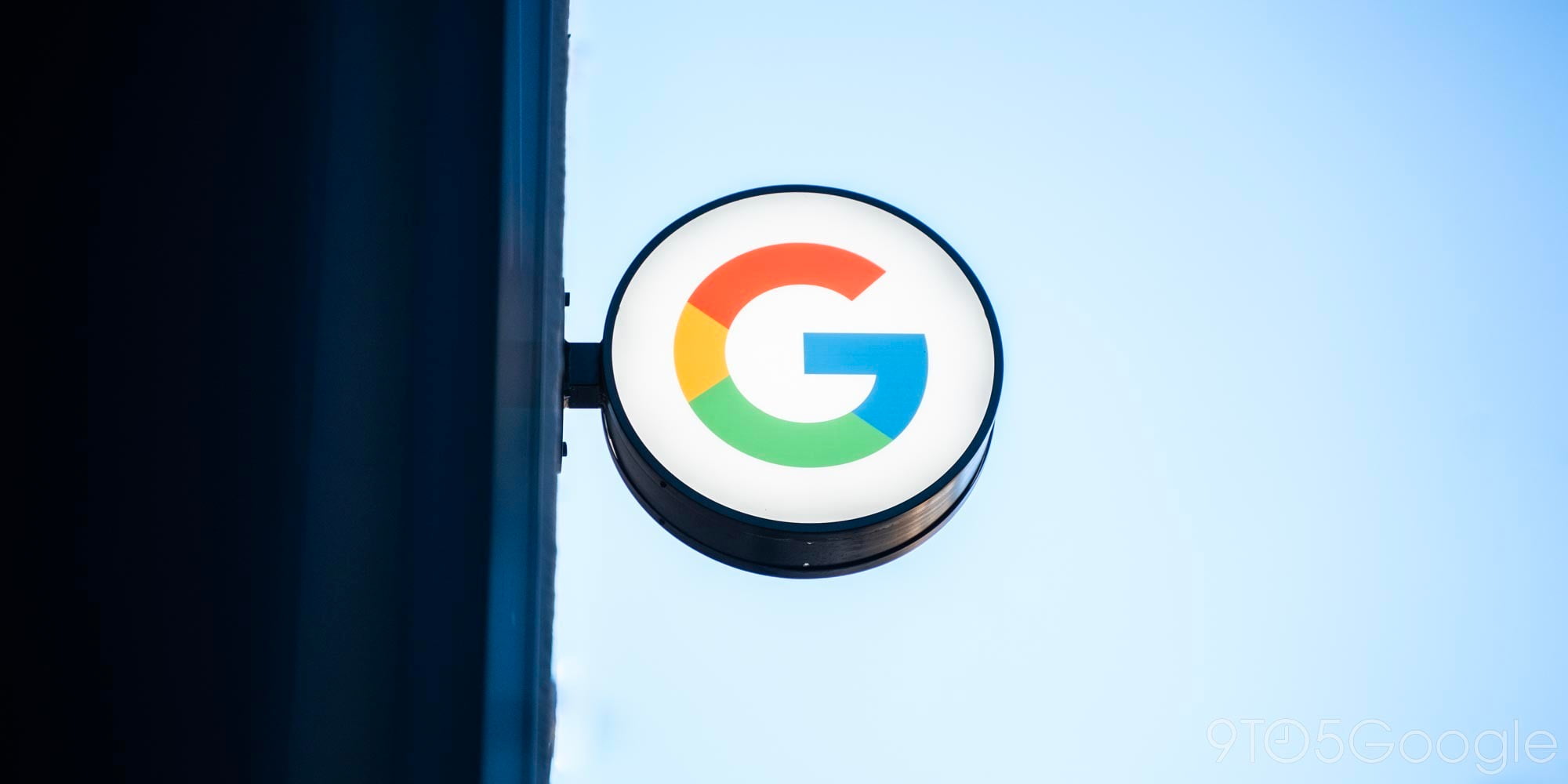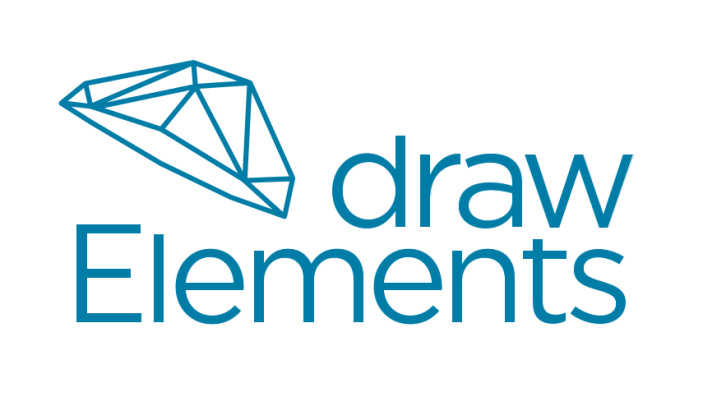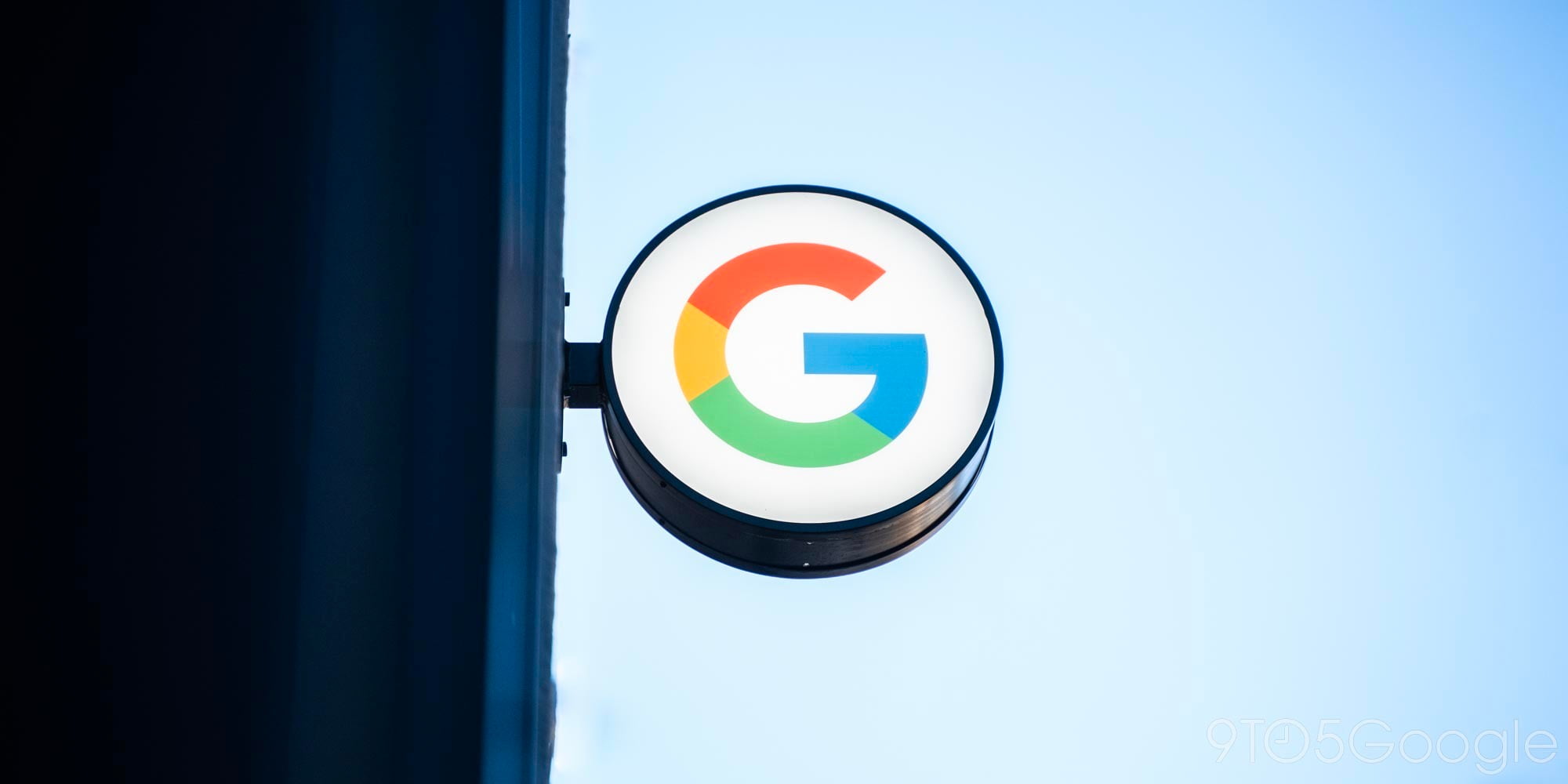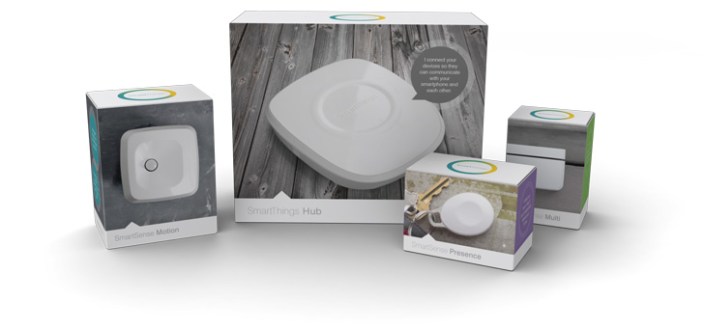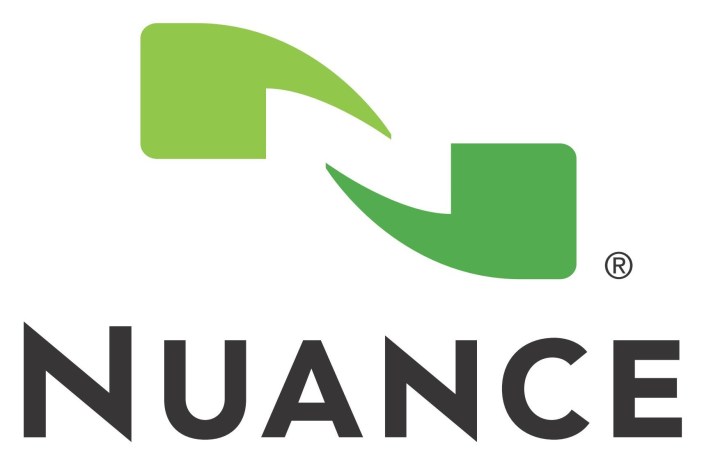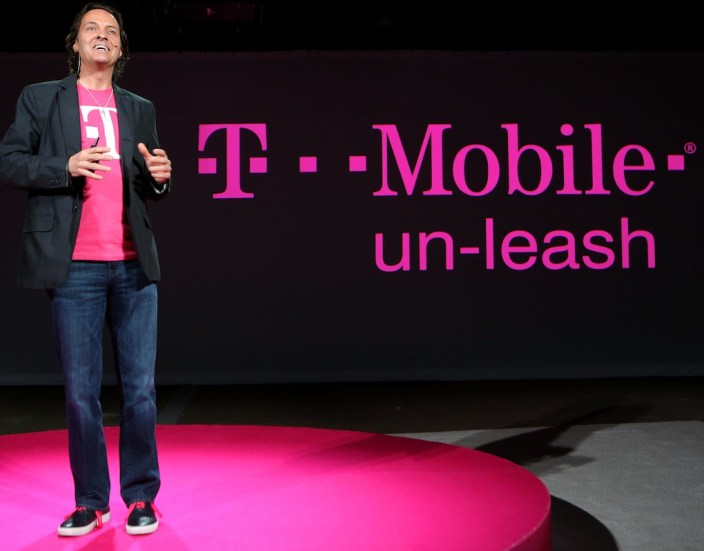Google has acquired Jetpac, a city guide application for iPhone, the app’s developers announced today (via The Next Web). The free app (and others by the Jetpac team) will be removed from the App Store in the coming days, and the service that powers it will be shut down on September 15th.
Google hasn’t said exactly what it plans to do with the company’s technology, which automatically scans users’ photos to detect local points of interest like coffee shops or “hipster hangouts.” The service featuerd data for over 6,000 cities, according to the App Store description. It seems logical, however, that Google would attempt to integrate these features with Google Maps or a location-based Google Now feature.
You can grab the Jetpac app for free on the iTunes Store, though it won’t be very useful beyond its mid-September shutdown.
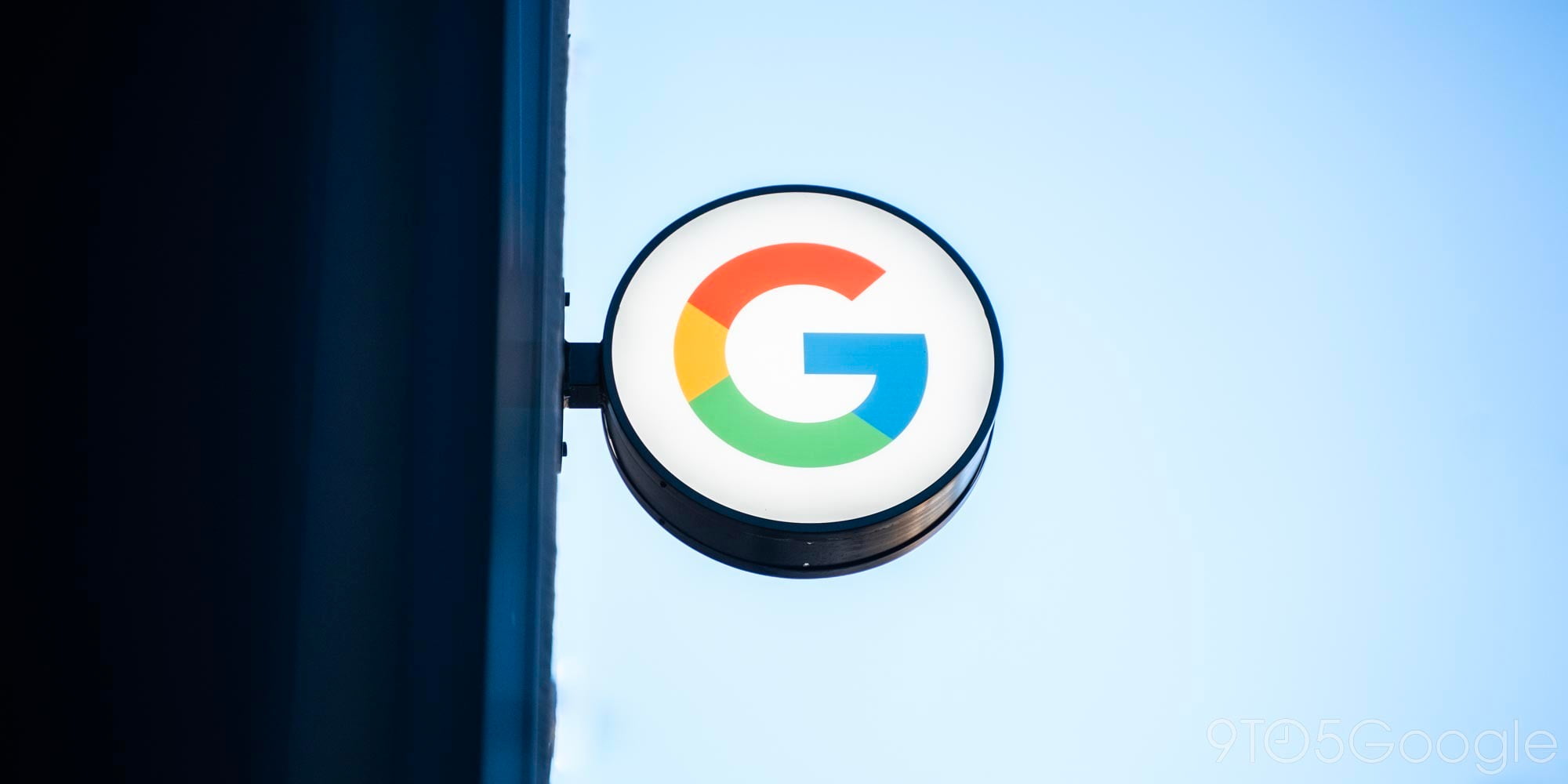

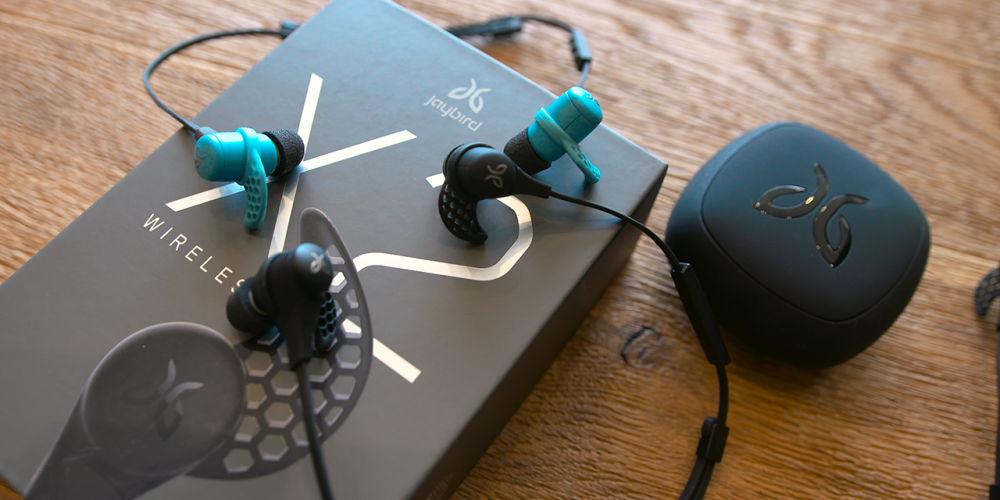
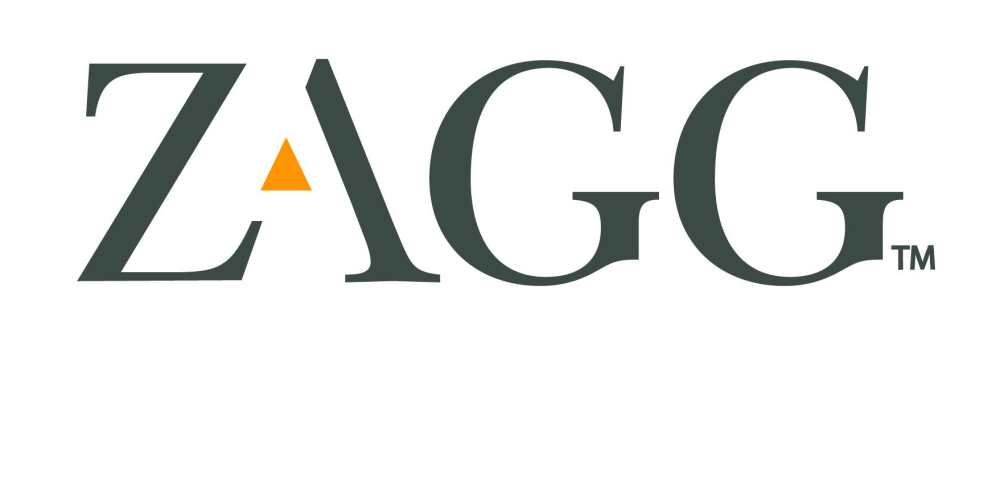 Popular
Popular 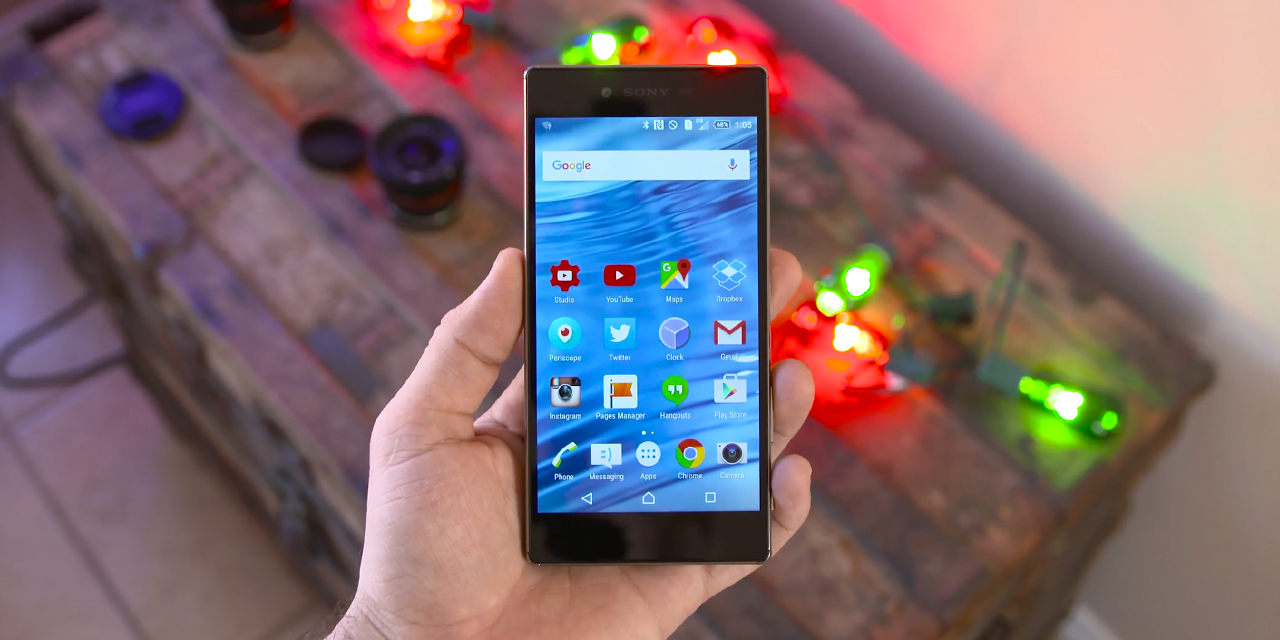

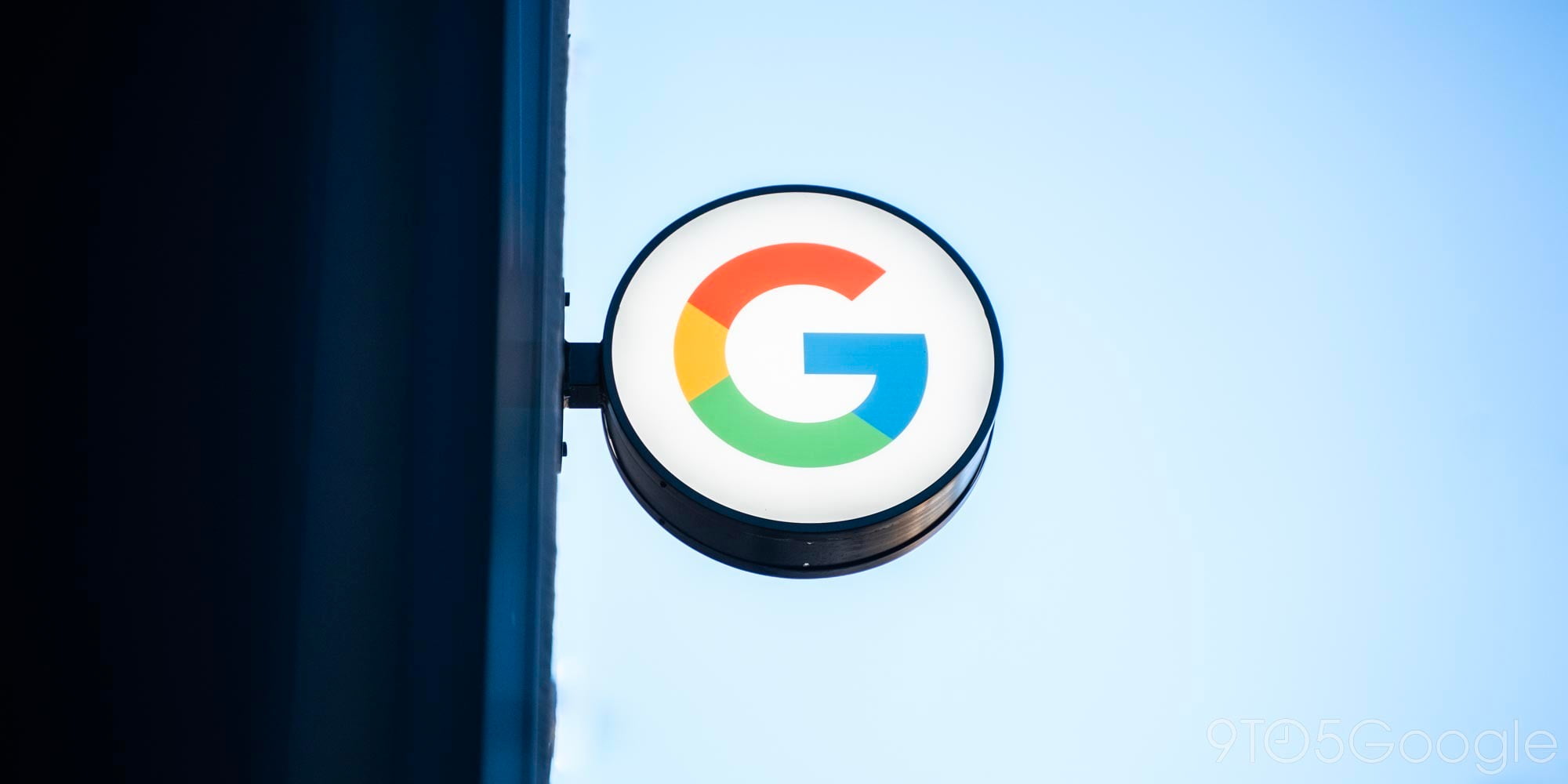

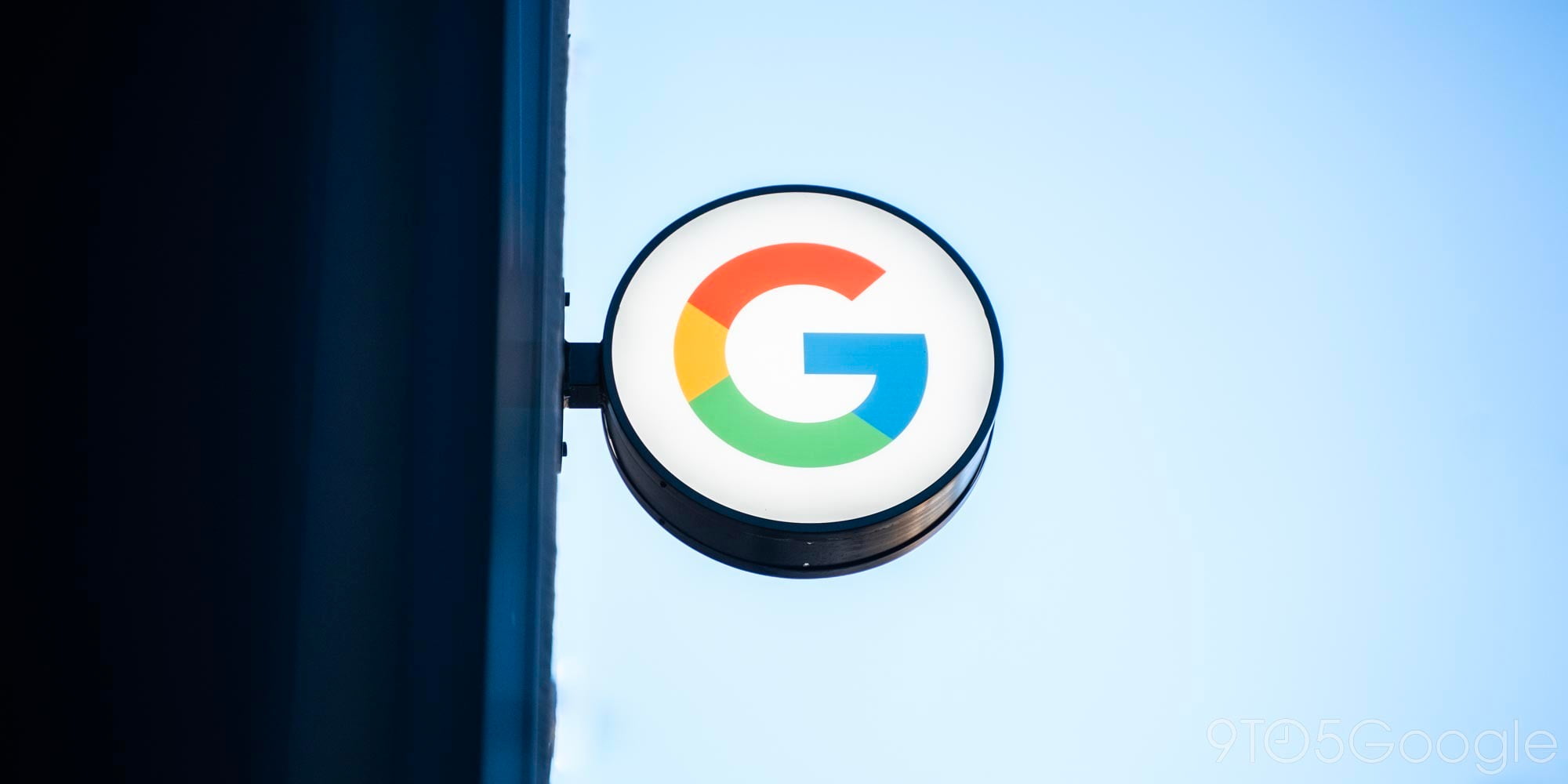
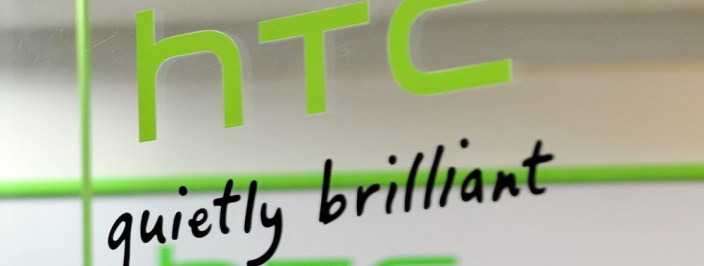

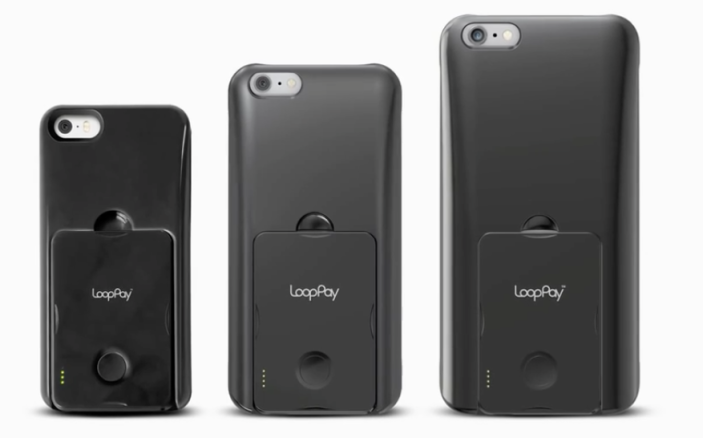
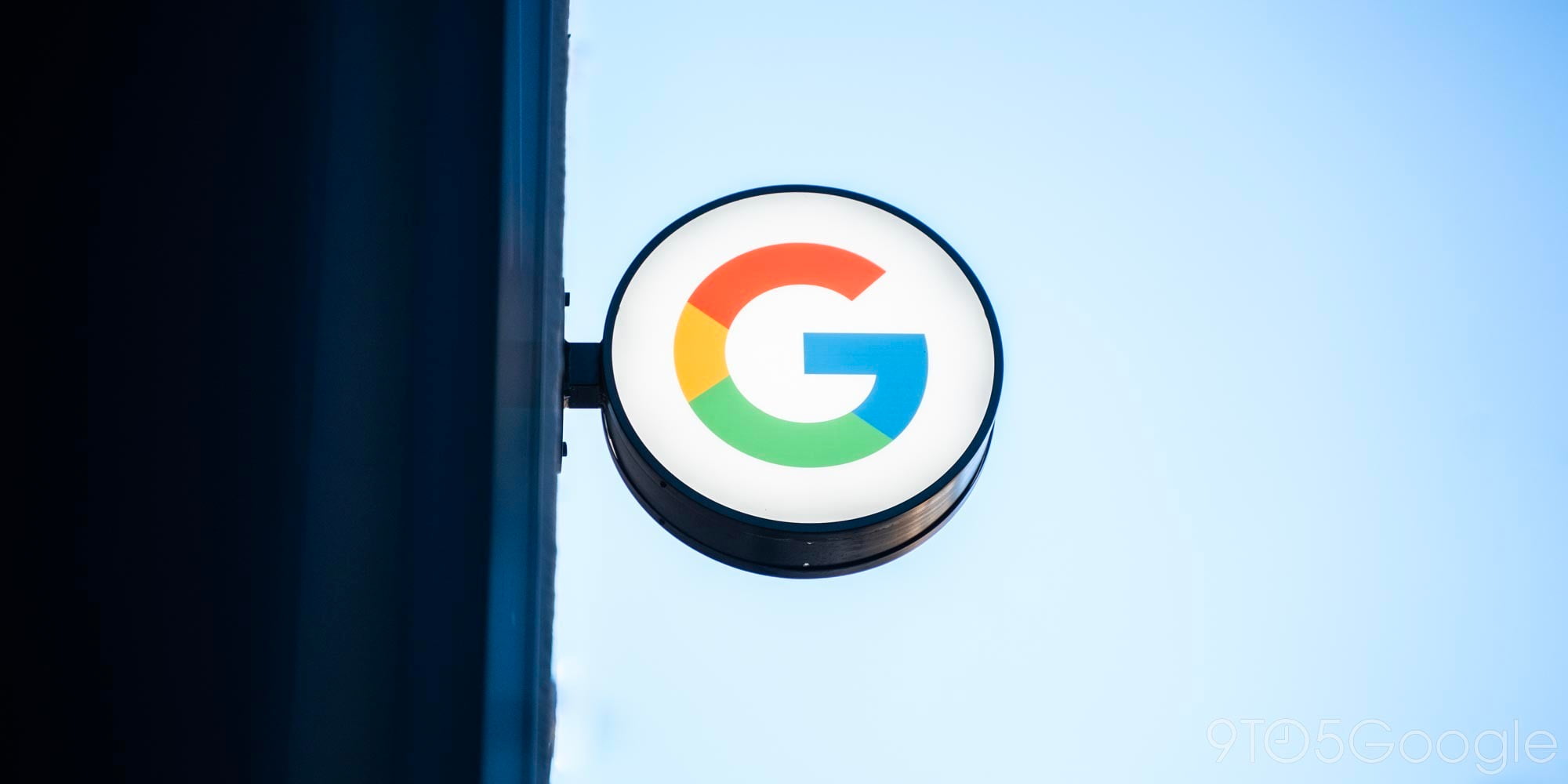
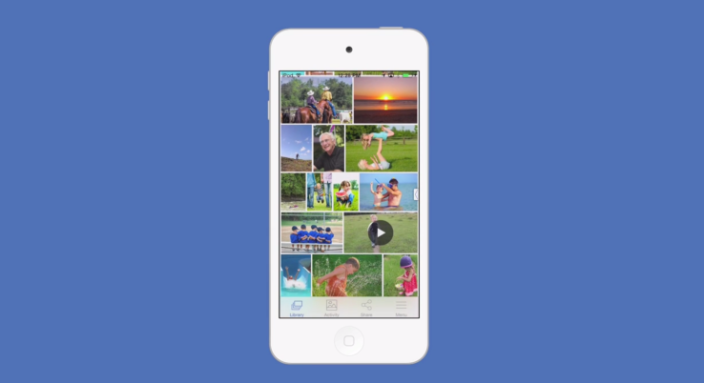
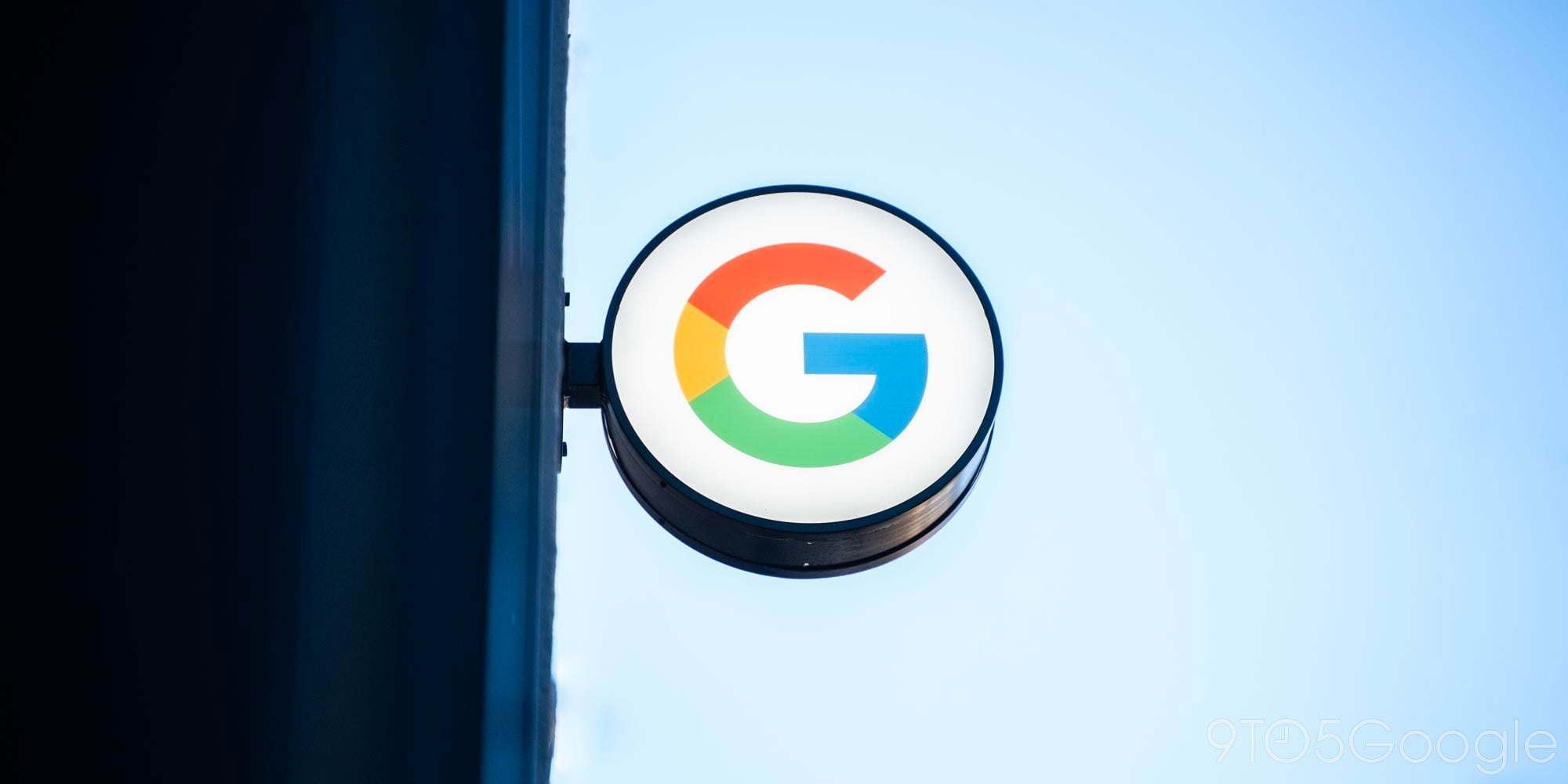
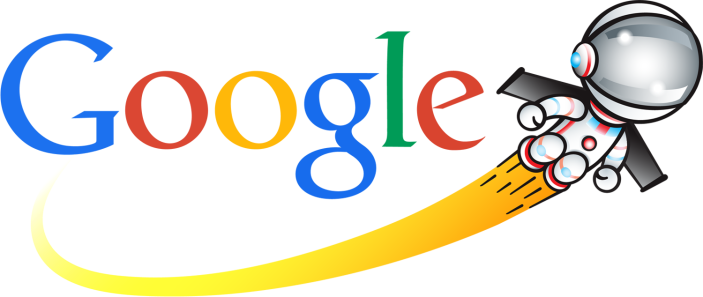
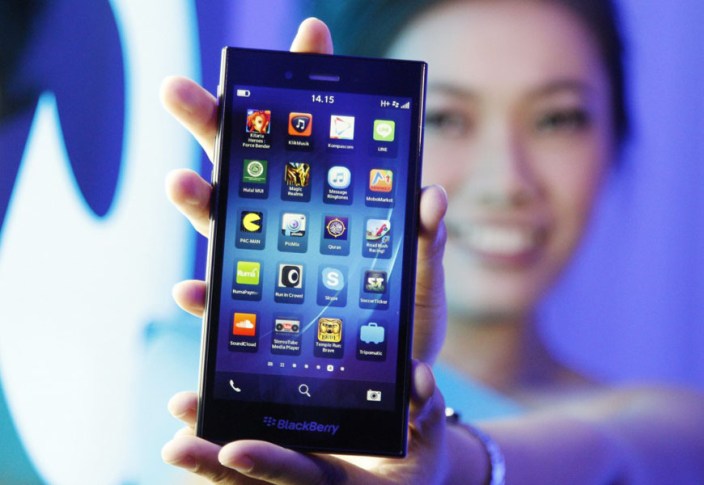

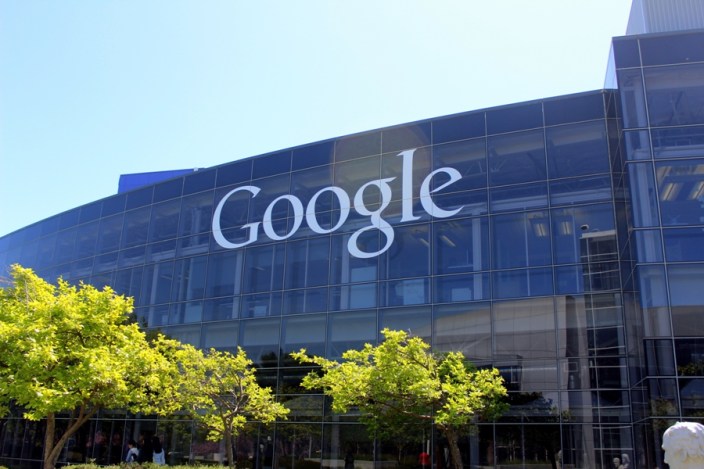
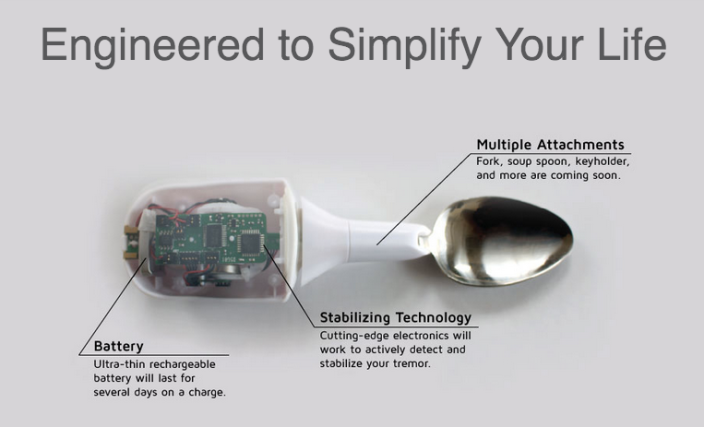
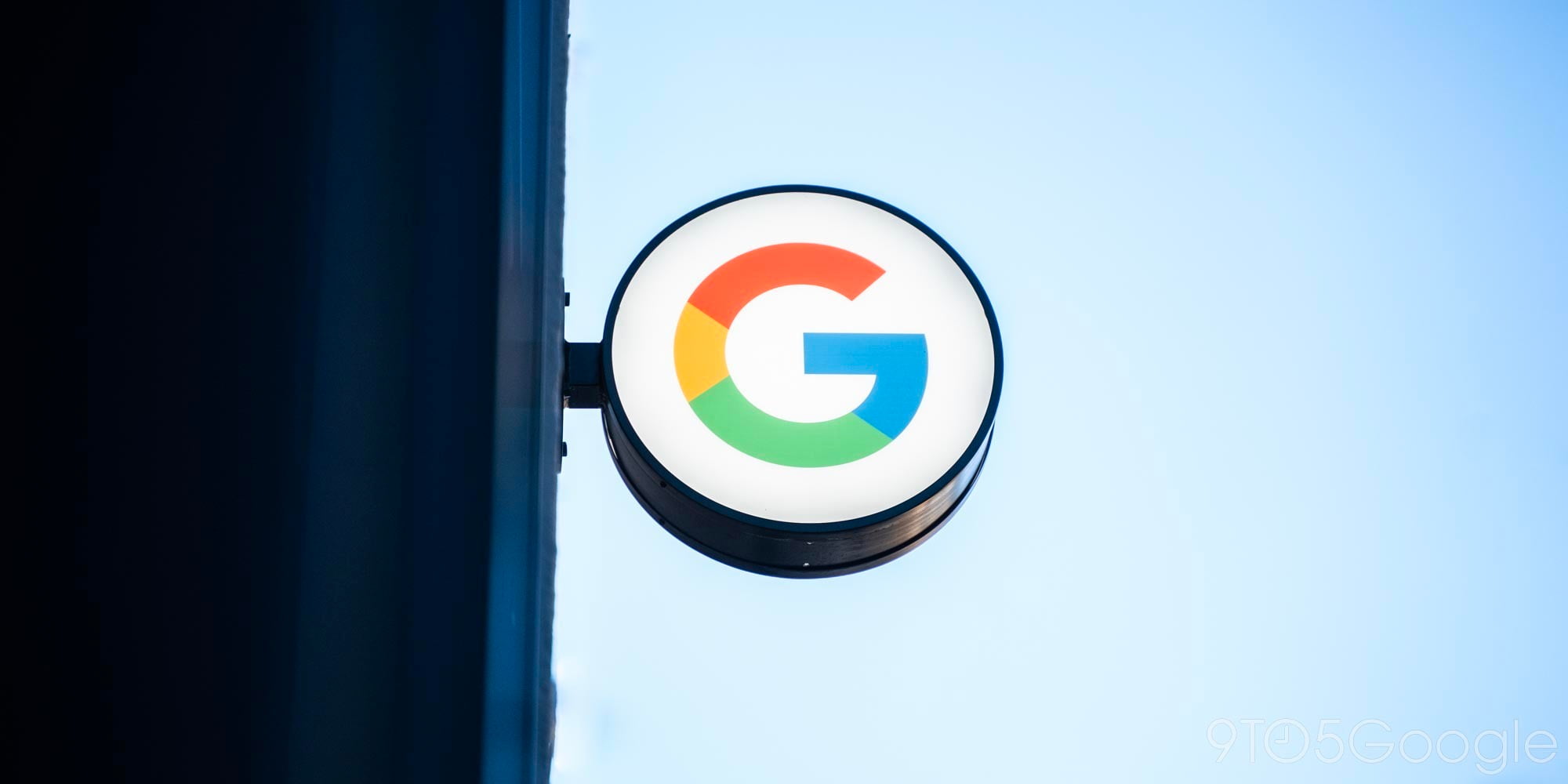
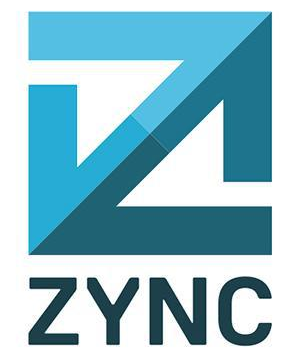 Google announced on Tuesday that it has acquired cloud-based visual effects company
Google announced on Tuesday that it has acquired cloud-based visual effects company 